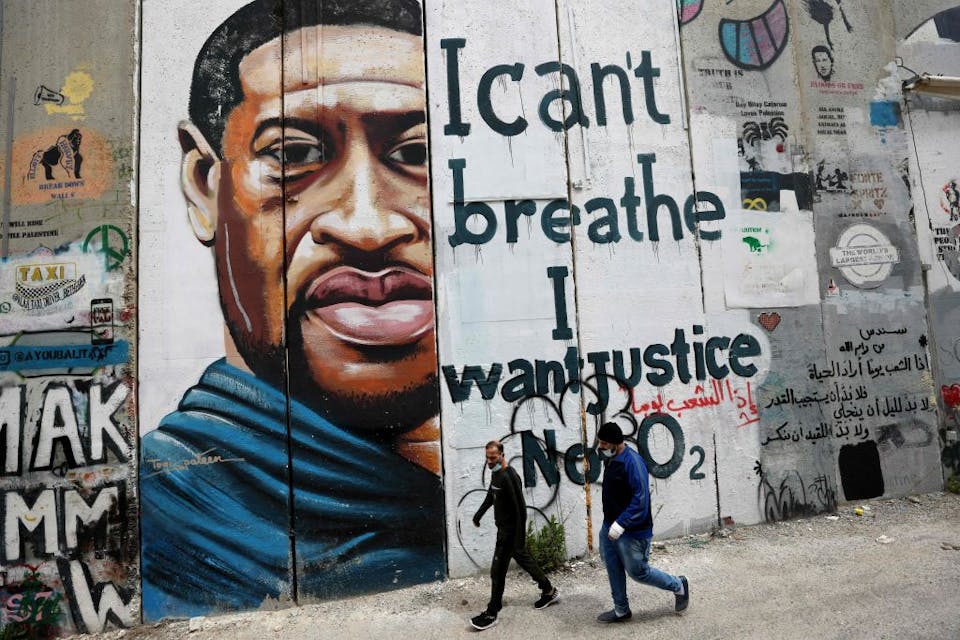
June 11, 2021
Podcast: Matti Friedman on How Americans Project Their Own Problems onto Israel
By Matti Friedman, Tikvah Podcast at MosaicThe Israeli journalist joins us to talk about his recent Atlantic essay on how when Americans look at Israelis they see a reflection of themselves.
This Week’s Guest: Matti Friedman
In 1958, the American author Leon Uris published Exodus, the novel about Israel’s founding that became an international phenomenon. Its hero, though an Israeli kibbutznik, was portrayed as a blond, blue-eyed man of culture and elegance, a portrayal reinforced by the film version of the novel, which starred Paul Newman. Whether or not this was his intention, by portraying Israelis as racially white and as Western in their sensibilities, Uris was making it easier for most Americans to identify with Israel and its cause.
This week’s podcast guest, the frequent Mosaic contributor Matti Friedman, argues that Americans still see themselves in Israel―just not always in the way that Uris hoped. In a recent essay, Friedman finds in the American reaction to the Jewish state’s recent confrontation with Hamas the same mythology that once animated Uris’s writing—only in reverse. Where in Uris characters are portrayed with distinctly Western sensibilities so as to attract Americans to Israel, contemporary portrayals of Israelis are now advanced by those who wish to distance Americans―and the world―from Israel.
Musical selections are drawn from the Quintet for Clarinet and Strings, op. 31a, composed by Paul Ben-Haim and performed by the ARC Ensemble.